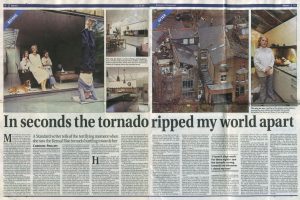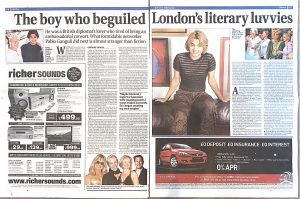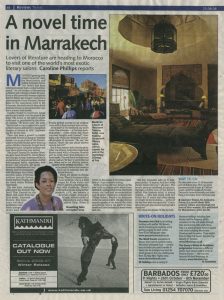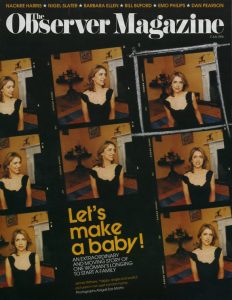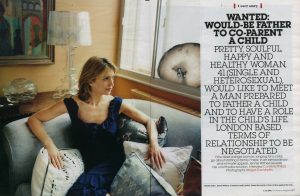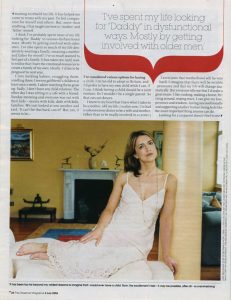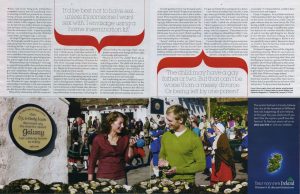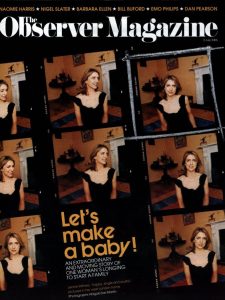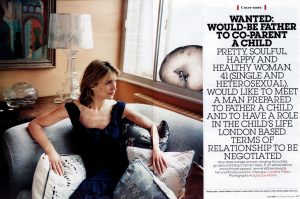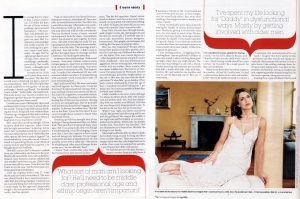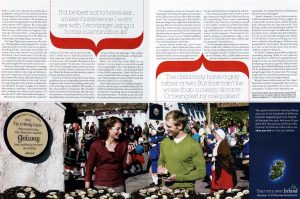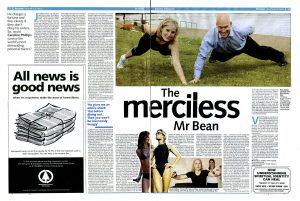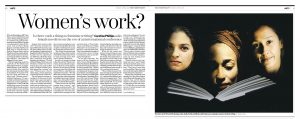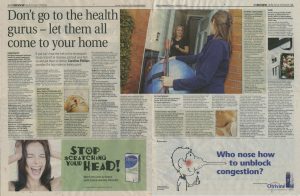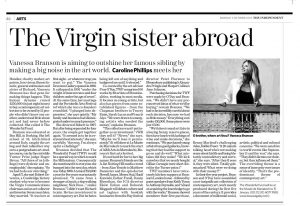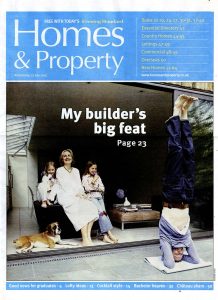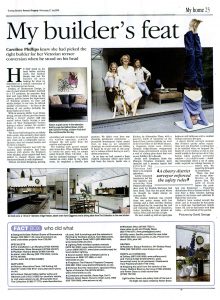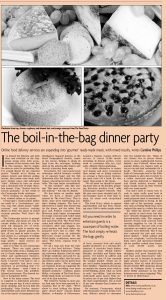A ‘holiday’ camp for Suzuki Method training is exhausting – but it’s worth all the sacrifices, says Caroline Phillips.
A ‘holiday’ camp for Suzuki Method training is exhausting -but it’s worth all the sacrifices, says Caroline Phillips
COUNTESS PACHTA has driven from Germany to stay in an English boarding school.
“Cold showers, queueing for food and being woken at night by false fire alarms is romantic,” she says. “We can’t do this at home.”
“I went to boarding school, so this is familiar,” adds Masamichi Yokoi, the president and chief executive of Daiwa Europe, a Japanese securities conglomerate.
“But I wasn’t expecting to sleep somewhere without a private bathroom.”
Meanwhile, Simon Bruce, a partner at the law firm Farrer & Co, has to sleep in a dormitory with his wife and four children. Down the corridor, Lord Strathclyde (the leader of the Conservatives in the House of Lords) is also sharing a bathroom with strangers. “Just like being back at school, except the food’s better,” he says.
This is my third year here, so I know to smuggle in La Fromagerie survival food parcels and my goosefeather pillow. You would hardly guess that we are here for our children to learn music.
“It’s wonderful to see the incredible progress my daughter makes in music in a short period,” says Yokoi. “It’s hard work for the parents,” adds Strathclyde, the father of three talented pianists. “But there are huge social, emotional and intellectual benefits for the children.” A four-year-old girl with bunches walks by carrying a violin that is one sixty-forth the size of a full concert violin. By the end of the week, like many of the children here, she will have performed a solo in front of up to 600 people.
This is the London Suzuki Group International Summer School, a week-long violin, viola, cello and piano course held each year at Bryanston School, in Dorset. It is organised by London teachers of Suzuki, a Japanese method of teaching music. There are 236 playing children, aged 4 to 17, with participants and 39 teachers from as far afield as Israel and Colombia. Plus enough pianos to stretch the length of Sloane Street.
All the Bryanston places were snapped up weeks before the closing date for applications. There was a long waiting list, which included children who had performed at the Royal Festival Hall. Why? Because it is inspirational. By the end there are phenomenal orchestral and chamber music performances by children who met only days before. It’s also like being back at school, except that parents have to observe all their children’s lessons. It’s exhausting and intensive.The Suzuki method was devised in the 1930s by Dr Shinchi Suzuki, who noted children’s capacity to learn their mother tongue fluently. If infants could master a complex language such as Japanese by the age of 6, he argued, they must be able to learn a musical instrument with comparable ease if training began at 2 or 3. Dr Suzuki challenged the belief in innate musical talent: “There is no such thing… the secret is repetition.”
Parental involvement and encouragement are prerequisites. Suzuki parents attend all their children’s private and group lessons throughout the year and oversee their daily practice. The triangle of parent, teacher and child is a defining feature of the method.
Parental involvement can be very useful in the early stages of learning and provides additional motivation -however, says Dr Susan Hallam, a music psychologist at the University of London, “as children become older they may rely on their parents, which is counter-productive”.
Learning is by listening, and sight-reading is delayed. “Because they learn to play by ear initially means that sometimes they find it difficult to read music,” says Hallam.
Some are sceptical about such intensive training for young children. “I’m against hot-housing,” says Helen Likierman, a clinical psychologist and Suzuki mum who has attended Bryanston since 1988. “But this is about developing self-motivation, self-confidence and a sense of achievement.”
There is no selection process for the summer school. The first year, my daughter Ella played in her concert with just her right hand after only three lessons: the teacher pointed out to her the correct playing finger. At Bryanston, under-7s study three hours a day; older children have private lessons. And group lessons.
Then there’s swimming, squash, tennis and meeting friends. The week costs Pounds 385 for children over 7 and the same for parents. “We can do it only because of a bursary,” says Collette Morris, the deputy head of a state primary school and a Bryanston regular. Her eldest son once sold his saxophone to contribute to his brother’s fees. “Lots of people struggle to do Suzuki. I’ve cancelled my pension contributions to pay for it.”
Dr Suzuki’s intention wasn’t to produce professional musicians; he nursed a deeper purpose. Yehudi Menuhin recalled him saying that his ambition was to create amateurs who might give themselves the joy of music and contribute to the harmony of society. Dr Suzuki believed in developing sensitivity, discipline, endurance and a beautiful heart. As I watch my children performing in their concerts, I think he got it right.
*Details of the next school (August 21-28) from lsg@suzukimusic.net


